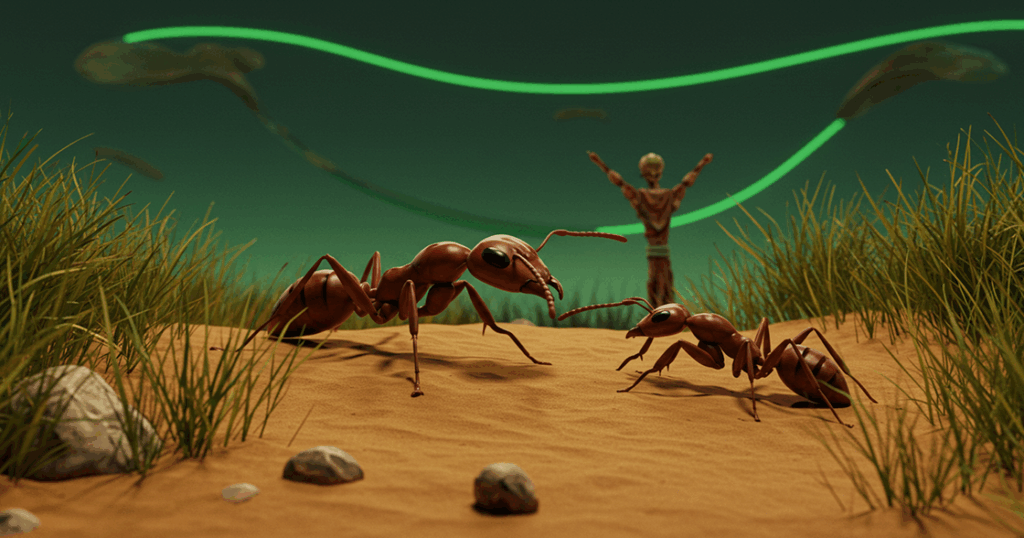Tonight’s spotlight is on a strange and unexpected form of smuggling. Not gold. Not drugs. Ants. Yes, ants.
Kenyan authorities have recently busted a bizarre trafficking operation involving four individuals attempting to smuggle thousands of ants. These weren’t just your average backyard bugs — they were intended for high-paying buyers in Europe and Asia. The goal? To make thousands of dollars by selling exotic ants overseas.
From Ivory to Insects: The New Face of Wildlife Trafficking
Kenya has long battled the illegal wildlife trade — a shadowy world where traffickers smuggle the body parts of elephants, rhinos, and even penguins. But now, the focus is shifting from large, iconic species to smaller, lesser-known creatures. And ants are becoming a hot commodity.
Among the recent arrests were two Belgian teenagers, found with thousands of ants stashed in their guesthouse. They now face charges of wildlife piracy. In court, they appeared distraught. One of them even said:
“We did not come here to break a new horse. By accident and stupidity, we did. I know breaking laws is for criminals, but I don’t feel like a criminal.”
Authorities, however, claim otherwise. The teens allegedly made calculated attempts to smuggle the ants — capturing over 5,000 ants, storing them in test tubes filled with cotton wool, a technique that could keep the ants alive for months while disguising them.
A Multinational Operation Uncovered
In a separate case, two other men — one Kenyan, one Vietnamese — were arrested in Nairobi with more than 400 ants in their apartments. All four individuals now face wildlife trafficking charges.
This may sound absurd — smuggling ants? But it’s not a joke. It’s a lucrative underground market.
What Makes These Ants So Valuable?
 The trafficked species included the Messor cephalotes, commonly known as the giant African harvester ant. Native to East Africa, these ants are large (growing up to 25mm), bold in color, and highly exotic to collectors, especially in Europe and Asia.
The trafficked species included the Messor cephalotes, commonly known as the giant African harvester ant. Native to East Africa, these ants are large (growing up to 25mm), bold in color, and highly exotic to collectors, especially in Europe and Asia.
Each ant can fetch between $130 to $220 on the black market. The total contraband uncovered was valued at one million Kenyan shillings — about $7,700.
Ants as Pets? Yes, Really
Why are people paying so much for ants?
The demand for rare insect species is on the rise. Enthusiasts around the world are building formicariums — specialized habitats where they can raise and observe ant colonies. It’s a niche hobby, but one that’s gaining traction fast.
The Bigger Picture: Kenya’s Stand Against Biodiversity Exploitation
Kenya is not taking this lightly. The country’s ants are protected under international biodiversity treaties, and their trade is highly regulated. These ants aren’t just curious pets — they play vital ecological roles. They help enrich soil, germinate seeds, and serve as food for other wildlife.
The Kenya Wildlife Service has called this a landmark case, emphasizing that illegal wildlife exports like these undermine the nation’s sovereign rights over its biodiversity, and rob local communities and researchers of potential ecological and economic benefits.
Kenya hopes this case sets a precedent — and puts an end to the antics of ant traffickers.
 Cmtv News News -Education – Entertainment – Sports
Cmtv News News -Education – Entertainment – Sports







